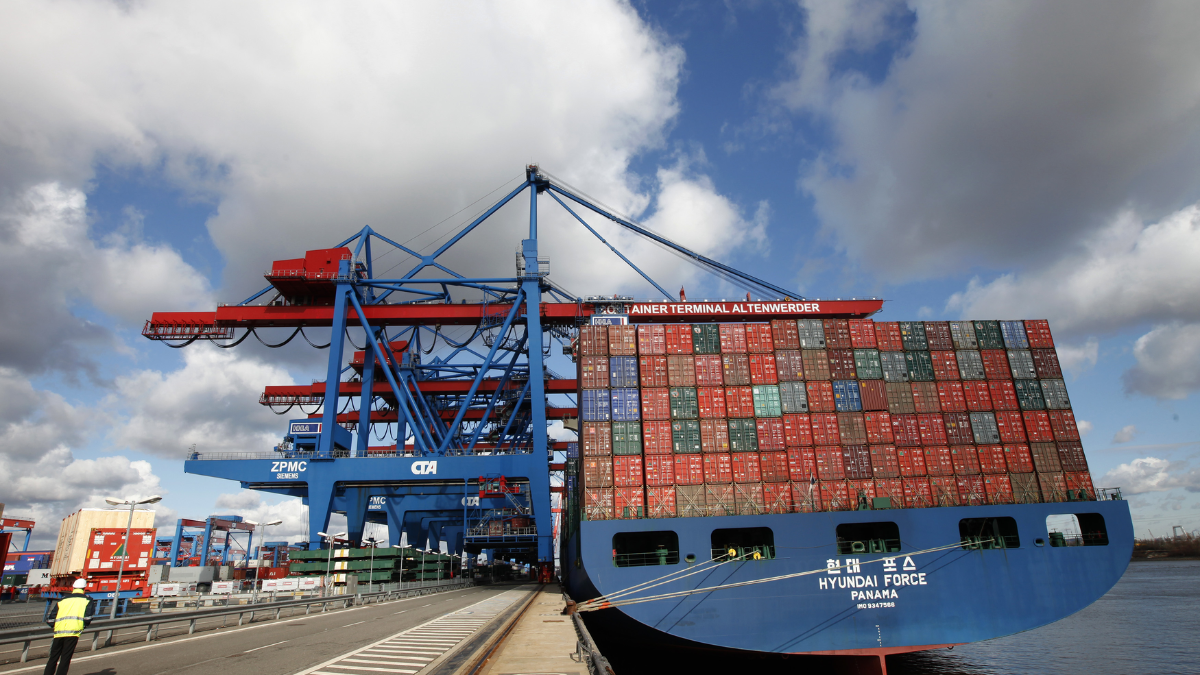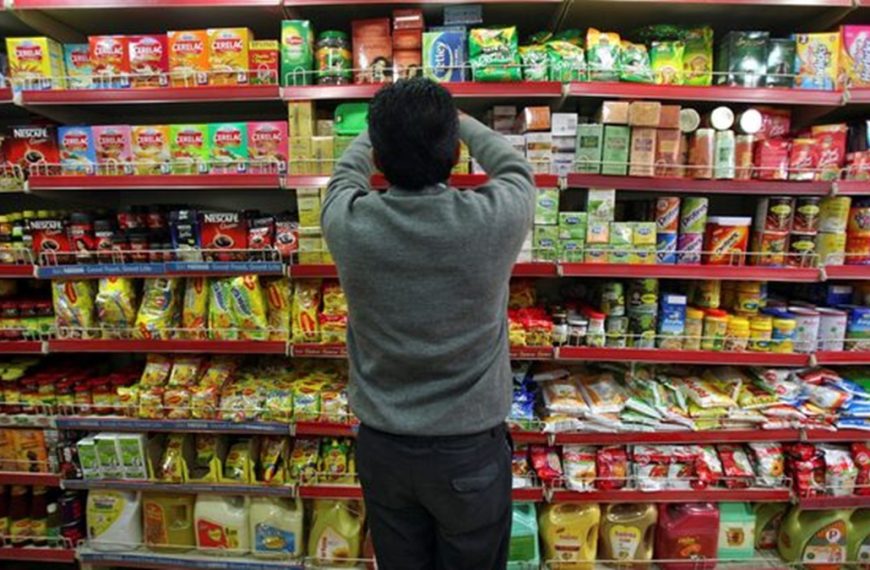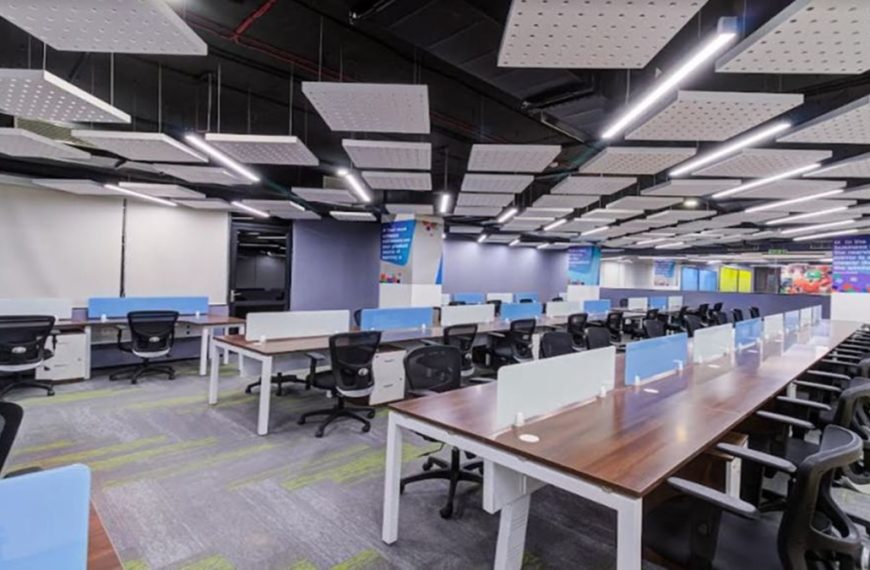As Bizongo sets its sights on achieving unicorn status, the B2B raw materials marketplace is amplifying its logistics capabilities to enhance user experiences. Currently valued at $980 million, this innovative startup is taking significant strides to improve its operational framework and overall service delivery.
Enhancing Logistics for Competitive Advantage
Launched in November 2023, Bizongo’s logistics division operates on an asset-light model, collaborating with various vendors to streamline its processes. While the current strategy focuses on working with transporters, plans are in motion to establish a proprietary warehouse network in the future. "Instead of owning vehicles, we partner with transporters, equipping them with advanced technology to improve tracking and delivery efficiency," explained Sachin Agrawal, CEO and co-founder of Bizongo.
- Key Features of Bizongo’s Logistics Model:
- Asset-light collaboration with transporters.
- Future plans for owning warehouses.
- Enhanced tracking and turnaround times through technology.
Delivering Value Beyond Transactions
Bizongo’s logistics service is integrated within its B2B marketplace, BizongoBuy, aiming to provide an end-to-end solution that adds value to clients’ supply chains. Agrawal highlighted that their logistics efforts currently prioritize comprehensive tracking capabilities to ensure timely deliveries. "By managing logistics within our ecosystem, we enhance visibility and optimize delivery timelines," he noted.
Since its inception, Bizongo has successfully reduced turnaround times (TATs) by 15%, and Agrawal believes that establishing their own warehousing could potentially decrease TAT by another 15%, significantly boosting their competitive edge. "Currently, we utilize a full truck load (FTL) model to pick up and deliver shipments directly from suppliers," he clarified.
Strategic Partnerships for Efficiency
In a market that often prioritizes the lowest logistics costs, Bizongo distinguishes itself by forming partnerships with local transporters strategically located near key customer and supply points. This approach guarantees faster truck placement and movement, enhancing overall efficiency.
Remarkably, since the logistics arm’s launch just over a year ago, it now manages an impressive 90% of the marketplace’s operations. Although exact figures regarding investment haven’t been disclosed, Agrawal confirmed that this segment remains part of the marketplace’s profit and loss statement for the foreseeable future.
Financial Overview and Future Aspirations
Bizongo’s financial structure consists of two main components: the marketplace BizongoBuy and the financing platform BizongoFin. The latter was separated into a distinct business unit in September 2024. Currently, BizongoFin collaborates with over 30 non-banking financial companies (NBFCs) and has disbursed ₹14,000 crore thus far.
For the fiscal year ending in March 2023, the B2B marketplace reported an impressive ₹167 crore in operating revenue, nearly doubling from the previous year. However, rising finance and employee costs led to a substantial net loss of ₹477 crore, which reflects a 97% year-on-year increase. Financial details for FY24 have yet to be released, but the company’s trajectory indicates significant growth potential.
Bizongo is clearly positioning itself as a formidable player in the B2B marketplace, with ambitious plans to revolutionize logistics and enhance customer satisfaction. As they continue to evolve, industry watchers will be keen to see how these developments unfold in the coming years.











